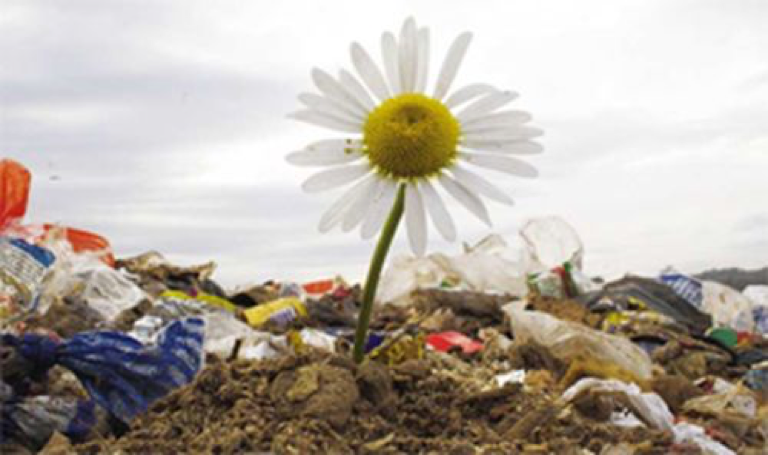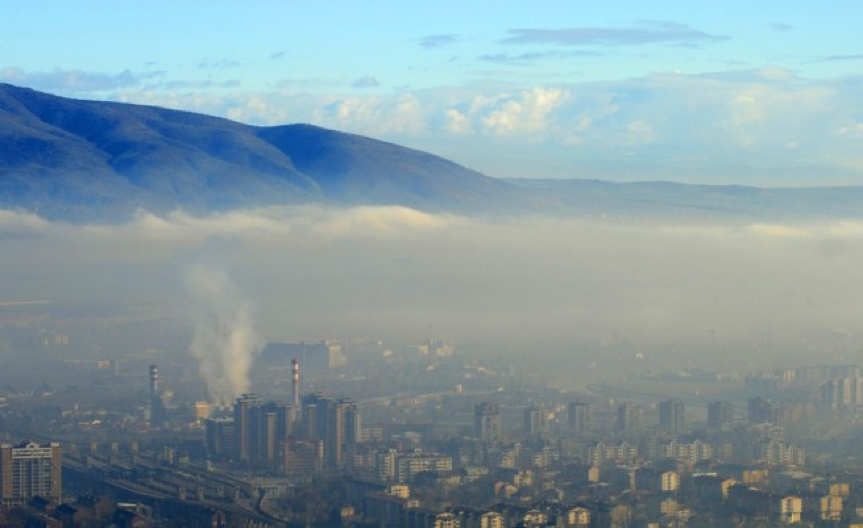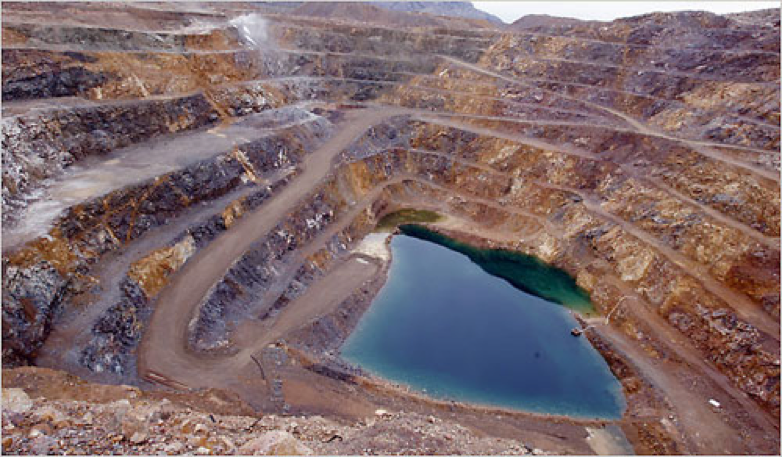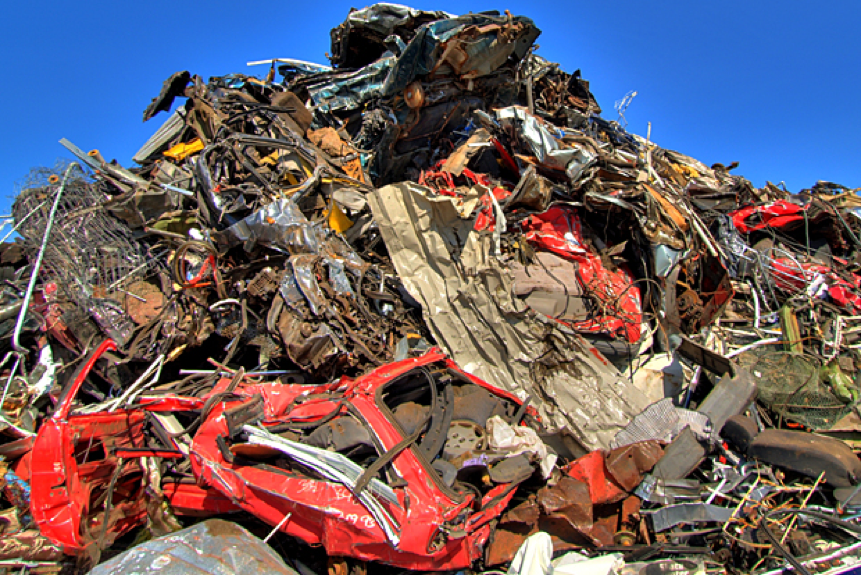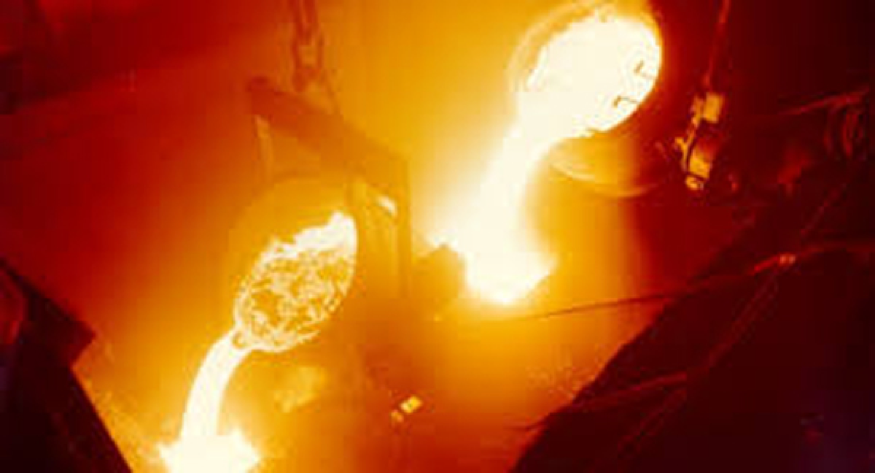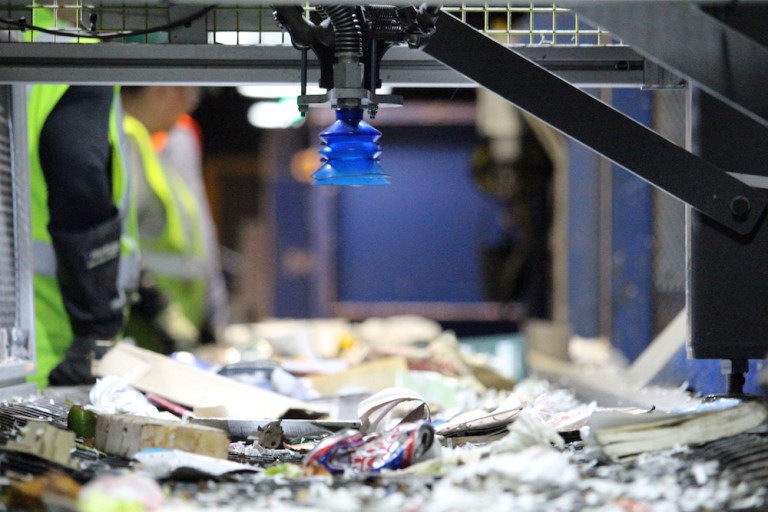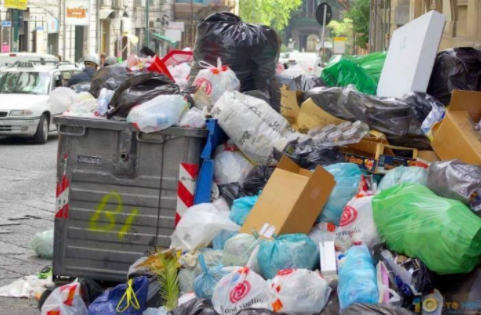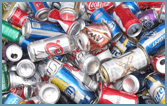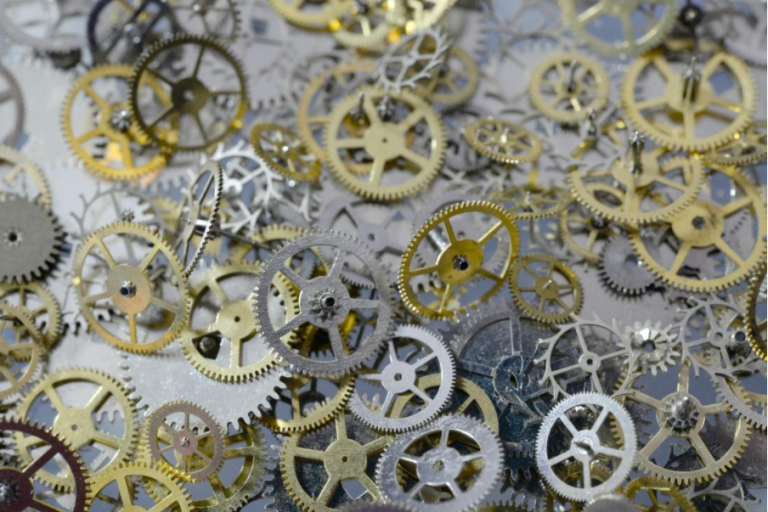Benefits of metal recycling
Use of Metals
The metals are extremely widespread. They are all around us – from large facilities such as bridges and ships, for example, to manufacturing machines, to cars, bicycles, pipes, cables, beer cans, and soft drinks, even in the massive batteries we constantly use in everyday life.
They are so useful that they make their physical and chemical properties electrically and thermally conductive, they are distinguished by malleability, plasticity, can be subjected many times to a recycling process without changing their characteristics. Steel production per year alone is more than 1.3 billion tons.
Their widespread use and properties have imposed a worldwide recycling process in Europe and the world. There are many big and varied benefits of metal recycling – both ecological and economical.
Bulgaria’s Strategy on Wastes
The strategy is now about a “circular economy” – used and unnecessary, being processed and reintroduced into production for a new product. The linear model “take, produce, discard” the economy has already been abandoned in advanced societies due to limited natural resources.
Bulgaria has a targeted waste management policy, which is conducted and controlled by the Ministry of Environment and Waters. The legislation is in line with European Community regulations, national strategic plans are adopted by 2020 and, in some respects, by 2030.
The aim is to find sustainable models from an environmental and economic point of view. The goal is that all that can be recycled is to become a raw material for production, and at regional landfills to deposit minimum quantities.
The overall recycling strategy covers not only metals but also all wastes. The long-term goal is to achieve 65% recycling of household waste, 75% of packaging waste and up to 10% landfill by 2030.
About Health
The extraction of metals from ores and their subsequent processing to obtain the final product is a complicated process. It uses a lot of energy that produces significant amounts of harmful CO2 emissions (carbon dioxide).
CO2 is particularly harmful to health. Even in small amounts, it prevents normal oxygen flow into the blood, resulting in a reduction in oxygen in the heart. At an increased concentration, this gas may paralyze breathing and lead to rapid death.
Carbon dioxide is absolutely contraindicated for people with respiratory or cardiovascular problems and some allergies. In areas with so much polluted air, shorter outdoors and limited outdoor activities are recommended.
The Greenhouse Effect
CO2 not only fumes but is also one of the main reasons for the unnatural enhancement of the greenhouse effect, which leads to disturbance of the balance and stability between the reflection and the absorption of heat from the planet.
The damaging effect is obtained by retaining part of the solar radiation that is otherwise reflected by the Earth’s surface. An artificial part of the heat generated by human activity is retained artificially. This generally leads to global warming. Significant climate change is causing health, social and economic problems.
It is no coincidence that, as part of the measures against global warming, the international community aims to reduce emissions of carbon dioxide emitted into the atmosphere. A carbon emissions trading scheme is included in Europe, which includes CO2. There is a limit on a level for greenhouse gases from energy-intensive industries, and businesses receive or buy quotas. This limit is gradually decreasing and thus reduces greenhouse gases emitted into the atmosphere.
Here is a significant role played by the introduced metal recycling process. It greatly reduces the energy used to produce one tonne of metal, and hence the CO2 emissions. It is estimated that the recycling process used in the EU only annually reduces CO2 emissions by around 200 million tonnes. Undoubtedly, this is an essential contribution to the diverse benefits of metal recycling.
Saving Natural Resources and Protecting the Nature
The metals are the most valuable natural raw materials. However, they are not inexhaustible. They are obtained from ores – rock masses in which metals are contained in various forms along with a number of minerals, and only the metals are extracted. Their constant harvesting in huge quantities of nature brings risks of mechanically damaging ecosystems, and this poses the danger of cataclysms. Preserving nature and saving resources is also among the many benefits of recycling metals.
For this reason, the saving of natural resources is among the global tasks of mankind. To save resources in a recycling process other than metals, paper, plastic, glass are also subject. If 1 ton of paper is processed, 17 trees are saved, more than half a ton of fuel is saved, and water is saved; 1 ton of processed plastic waste saves 2.2 tons of oil, and the processing of 1000 kilograms of glass waste saves 200 kilograms of oil, 720 kilograms of quartz sand, and more.
Restriction of Landfilled Waste
Last but not least, among the many benefits of recycling metals to nature is the reduction in the amount of landfilled waste. If a large number of metals are not a subject of the recycling process but get dumped at municipal landfills instead, these landfills will occupy vast areas at the expense of farmland, and distances to cities will become larger.
Meanwhile, batteries can become dangerous. When the packaging is broken – either mechanically or by various climatic influences, a number of metals can penetrate the soil, penetrate into the groundwater and from there – into water sources, farm crops we eat, in rivers and seas.
Buying in the Industrial and the Household Sectors
Recycling process metals are purchased both from the industrial and household sectors. They are divided into black and colored, each of which has a classification and a nomenclature according to the composition, type and quality of the materials purchased.
Naturally, the quantities purchased in the industrial sector are much larger. But the household is not to be neglected. Apart from households, it also includes metal waste under various forms of any administrative, public and social buildings, as well as shops, craft workshops, hotels and restaurants.
Here, the purchase of electrical and electronic equipment – refrigerators, cookers, TVs, monitors, computers, washing machines, craft waste, boxes of soft drinks, beer, etc.
In our country there is a system for the acceptance of metals for the recycling process of both sectors. A significant part of this system is “Nord Holding” AD. The company buys metal waste from businesses and the population at good prices. For the decommissioned car, the family can receive cash up to 1000 BGN, and Nord Holding organizes its transport with its own transport. Thus, households have very direct financial benefits from recycling metals.
Energy Saving
The benefits of recycling metals naturally also come from the business. The recycling process used saves a large amount of energy that would be used to produce 1 ton metal from steel, aluminum, lead, copper.
If secondary raw materials are used, 95% of the energy is saved for aluminum production; For Copper – 85%; For lead – 60%, for steel – up to 74%. And this can be applied many times without disturbing the properties of the metal. With expensive energy, everyone can figure out how much the benefits of recycling metals have to the economy, and not just metal producers, but all the way down.
Because if a recycling process is not used and the energy makes the metals more expensive, the goods we buy will eventually increase. So, talking about the benefits of recycling metals, again it’s up to each one of us.

